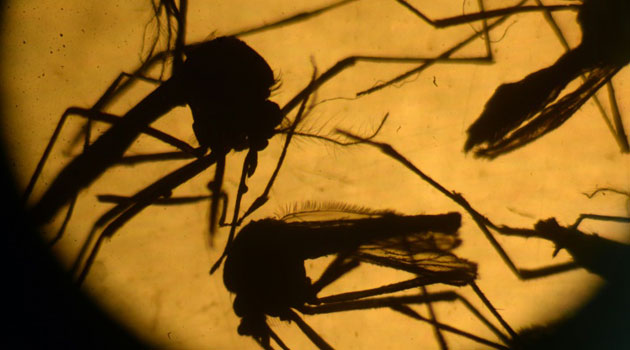Scientists are devising numerous ways to try and stamp out the mosquitoes whose bites spread the virus, which they suspect can cause brain damage in babies and paralysis in adults.
Some want to wipe out baby mosquito larvae in standing water where the insects breed. Others propose to zap the male mosquitoes’ privates with radiation to make them impotent.
Still others just want a plain old toad in their home to gobble any mosquitoes that buzz in.
In San Diego Beach on the Pacific coast of El Salvador, fishermen use fat sleeper fish to devour the mosquitoes while they are still wingless larvae.
“They are true warriors in the fight against Zika. They eat all the mosquito larvae in the barrels where we store our water,” said Rafael Gonzalez, 30, a local fisherman.
“Everyone helps out,” adds Marielos Sosa, the initiative’s organizer.
“The young people help catch the fish in the estuary. The adults keep an eye on the water stocks in their homes.”
This prevents the need to fumigate homes and water storage sites, as many towns are doing.
“Fumigation can be effective in reducing the adult mosquito population, but it is not as effective against other forms of the mosquito such as larvae,” said Carissa Etienne, head of the Pan American Health Organization.
Fumigation by workers in overalls spraying smoke “has a political impact because it is visually striking, but we are not sure whether it is really effective in fighting the Aedes Aegypti mosquito,” the species that carries Zika, she said.


































